The Israel-Hamas conflict has intensified, raising concerns about the dire consequences it may have. A prominent Saudi prince has sounded the alarm on the expanding conflict, warning of the severe implications it could have on regional stability. In this article, we delve into the details of the escalating Israel-Hamas conflict, analyze the dire warnings from the Saudi prince, and evaluate the potential consequences of this crisis.
Dire Warnings: Saudi Prince Highlights the Escalating Conflict and Its Implications
The escalating Israel-Hamas conflict has prompted a Saudi prince to express his deep concern over the potential fallout. The prince warns that the expanding conflict can lead to a series of dire consequences, both for the parties involved and the broader region. His warnings underscore the urgency to find a resolution and avoid further escalation.
The prince’s concerns stem from the impact an expanding conflict can have on regional stability, including the potential for increased violence, mass displacements, and humanitarian crises. He emphasizes the need for global powers to intervene and de-escalate the tension before irreparable damage occurs.
Fallout on Regional Stability: Examining the Dire Consequences of an Expanding Israel-Hamas Conflict
The expanding Israel-Hamas conflict poses significant consequences for regional stability. The ongoing hostilities have already resulted in an alarming number of casualties, destruction of infrastructure, and displacement of innocent civilians. With each escalation, the risk of further destruction and loss of life intensifies.
A prolonged conflict can exacerbate existing tensions between nations and polarize the region along sectarian lines. It could also reignite dormant conflicts, such as the Israeli-Palestinian conflict, and fuel radicalization, terrorism, and extremism. This scenario would have severe implications not only for the directly affected countries but also for neighboring states and international security.
Moreover, the humanitarian crisis triggered by an expanding conflict can strain resources and strain regional relationships. It can overwhelm local healthcare systems, hinder access to basic necessities, and impede economic development. The ramifications of such a crisis can ripple beyond the immediate conflict zone, undermining regional stability.
Conclusion: Navigating the Complexities and Pursuing Resolution in the Israel-Hamas Conflict
The warnings issued by the Saudi prince regarding the expanding Israel-Hamas conflict highlight the urgency for a peaceful resolution. To avoid dire consequences, it is imperative that all parties involved prioritize diplomacy and de-escalation efforts.
Resolving the Israel-Hamas conflict is a complex task that requires cooperation from regional and international stakeholders. Efforts should focus on promoting dialogue, encouraging ceasefire agreements, and addressing the underlying grievances of both sides. Multilateral diplomacy, led by influential regional and global powers, can play a vital role in facilitating a sustainable and just resolution.
Additionally, humanitarian assistance and support must be provided to those affected by the conflict. This includes aid for displaced populations, access to healthcare, and the reconstruction of damaged infrastructure. By addressing the immediate needs of affected communities, stability can be fostered, preventing a deepening humanitarian crisis.
In conclusion, the expanding Israel-Hamas conflict carries significant consequences for regional stability. The dire warnings voiced by the Saudi prince emphasize the urgency to diffuse tensions and pursue a peaceful resolution. It is crucial that regional and international actors work together to promote dialogue, provide humanitarian aid, and uphold the principles of justice and peace. By doing so, the dire consequences of an escalating conflict can be mitigated, and the path towards long-lasting stability and security can be charted.



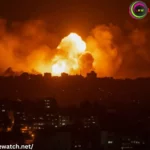






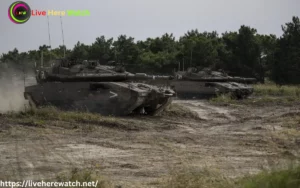

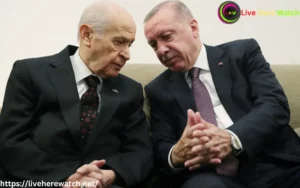
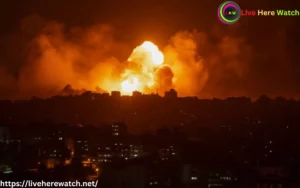

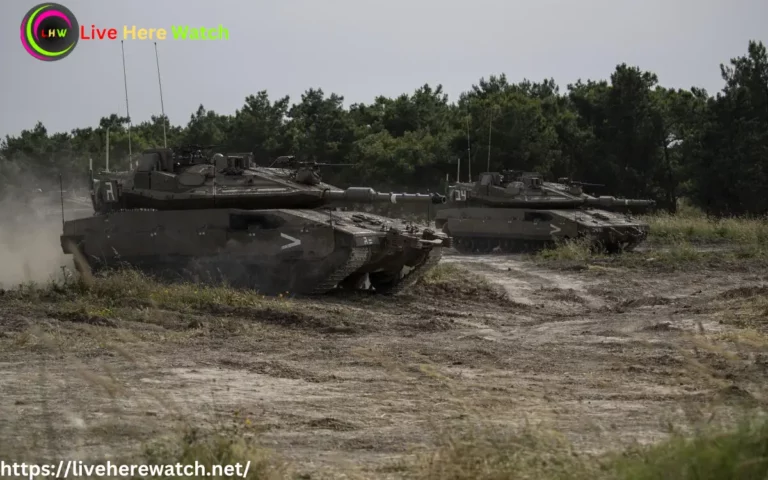

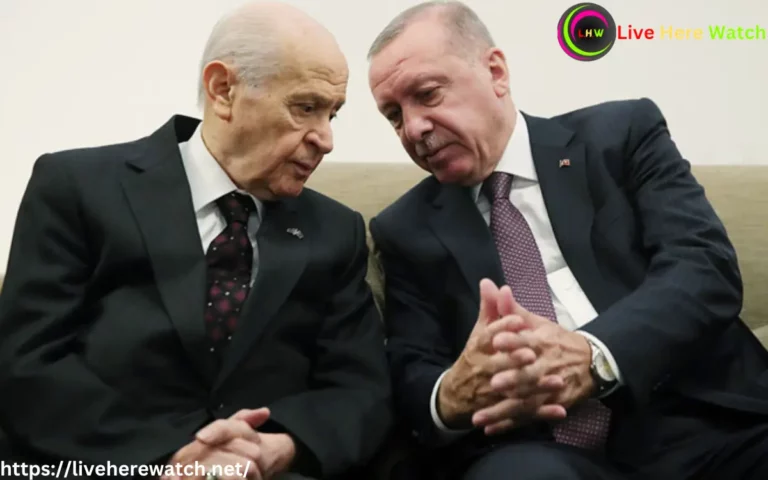
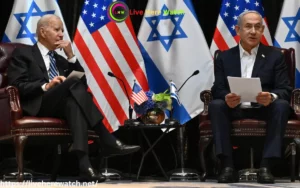

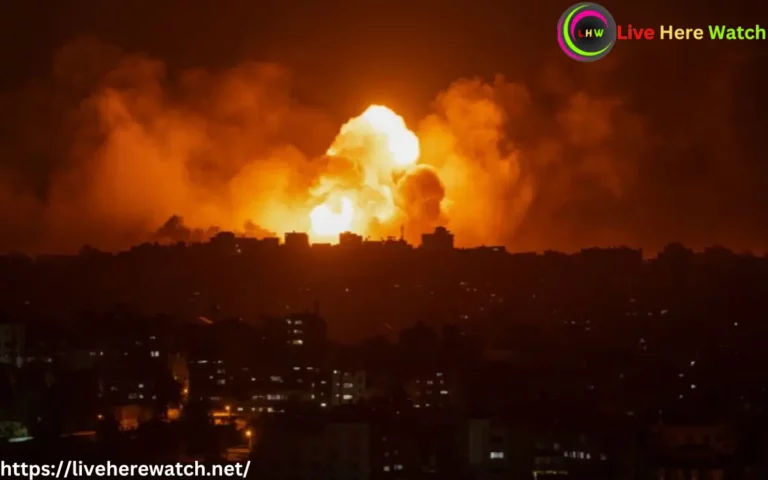
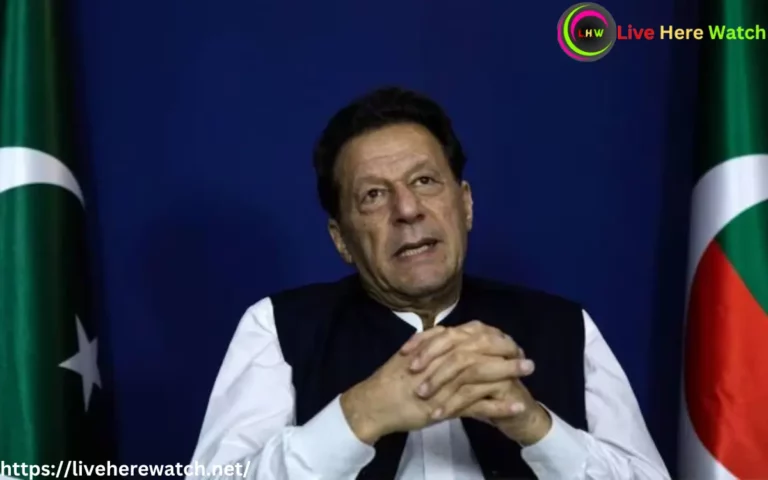
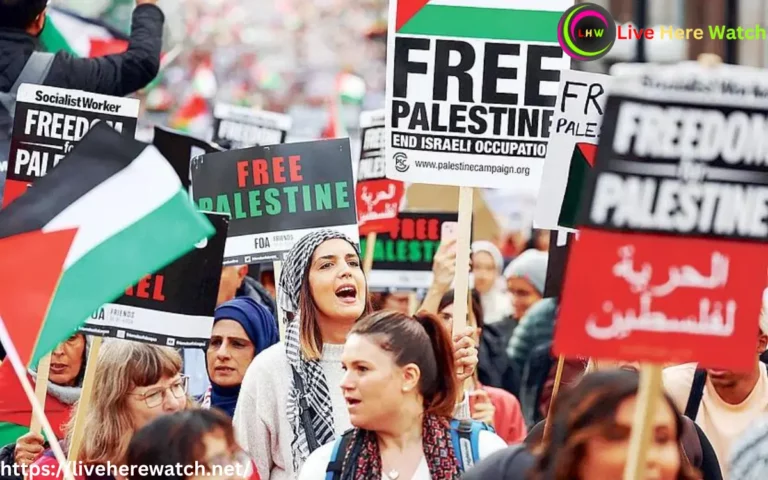

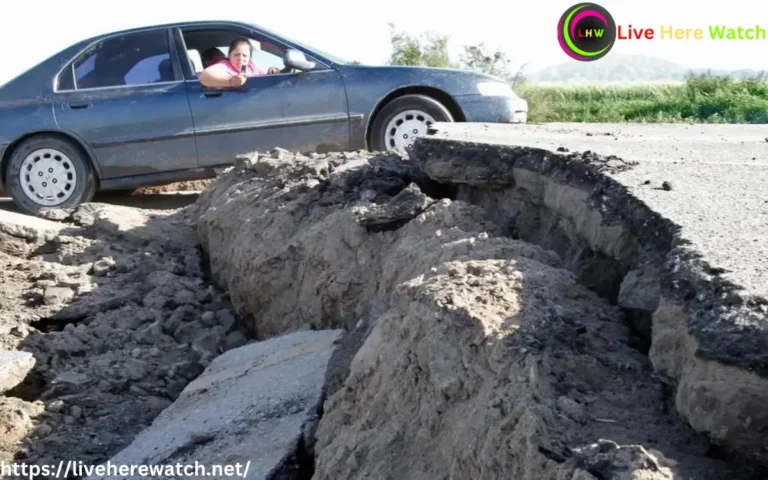
+ There are no comments
Add yours